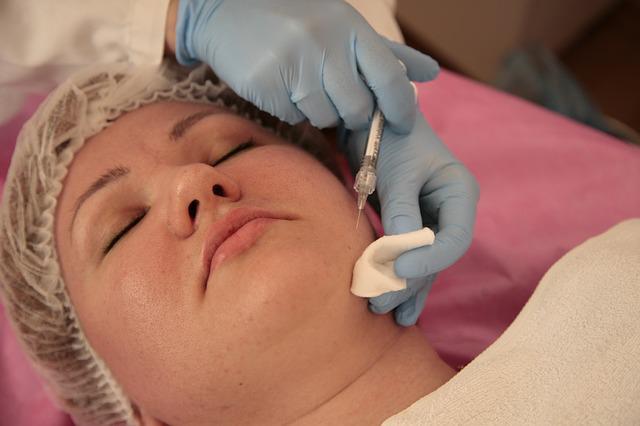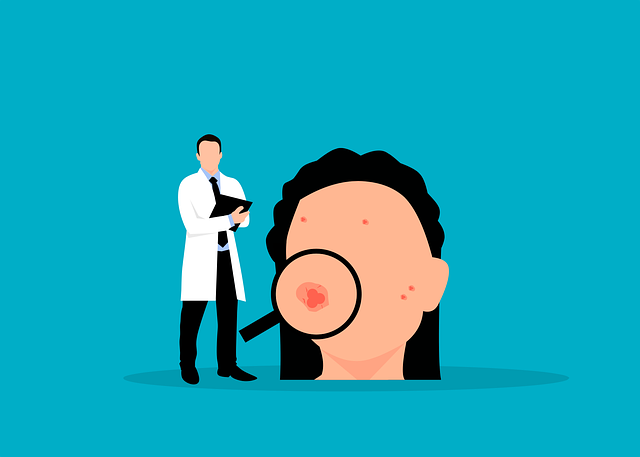Skin is the biggest organ of the human body. It shields the body from the outdoors, fights bacteria, and aids in the regulation of body temperature. We can not imagine how important our skin is.
Your skin plays numerous key roles in maintaining your general health. Your body might become ill from any skin issue. Additionally, it shields other bodily systems from injury, infection, and possibly harmful environmental factors. The human skin, on the other hand, is thought to be far more sensitive. As an organ, the skin is just as susceptible to illnesses like cancer as other internal organs are.
Even while lumps, blisters, or rashes on the skin are typically brought on by little things, they can sometimes be symptoms of more serious conditions. It could lead to cancer. The best course of action is to see a dermatologist if you observe any skin changes that last, get worse, or disappear only to come back.
The medical specialty of dermatology concentrates on both therapeutic and cosmetic skin care. A dermatologist is a doctor who focuses on diagnosing and treating conditions of the skin, nails, hair, and mucous membranes. Dermatologists can pursue further training in several disciplines.
People may be encouraged to see the dermatologist more frequently if they have very fair skin, have had skin cancer in the past, have close family members who have had the disease, have a mole or growth that looks suspicious, have had x-ray acne treatment in the past, or have a mole or growth that is suspicious in appearance.
You should consult a dermatologist if a mole or a region of your skin has changed in color, size, shape, or symptom. Skin cancer is frequently indicated by such changes in your skin.
When do you need to visit a dermatologist?
You can visit a dermatologist once a year and perhaps every few months. You can visit just to check up on whether everything is normal or not. Around the age of twelve, many people start visiting a dermatologist. Mostly, you start to develop acne and even warts. A dermatologist can recommend acne treatments for you and provide advice on how to cure or get rid of warts. You can postpone starting yearly checkups until your early 20s if you aren’t going through either of them. Before your hair loss has a greater negative effect on your life, you could have a scalp condition or wish to begin some preventive therapy.

Please note: You should visit the dermatologist near you more frequently if you have very fair skin, have had skin cancer in the past, have close family members who have had the disease, have a mole or growth that looks suspicious, have had x-ray acne treatment in the past, or have a mole or growth that is suspicious in appearance.
What Does a Dermatologist Do?
Dermatologists are medical professionals who focus on treating diseases of the skin, hair, and nails. A dermatologist requires three years of further training in skin care after graduating from medical school and doing an internship. Most dermatologists encounter patients with a variety of skin problems. Some have chosen to specialize in fields like surgery, cosmetics, or pediatrics.
Importance of Visit Dermatologist
The two most prevalent skin conditions are blemishes and wrinkles. However, there are countless conditions that can harm the skin. Some only cause slight symptoms. Others might be significant and interfere with everyday life. You should see a dermatologist if you notice any of the following symptoms: redness, irritation, pain, rashes, or pus. Regular skin cancer screening is essential since it can save your life. Your skin will look better after some procedures.
I am Dr. Yenny Angela, a medical graduate from Hannover Medical School. I have expertise in emergency medicine and care for patients with multiple injuries. Also, I am a researcher always on the lookout for new scientific findings. I also have a publication on Researchgate.com.
